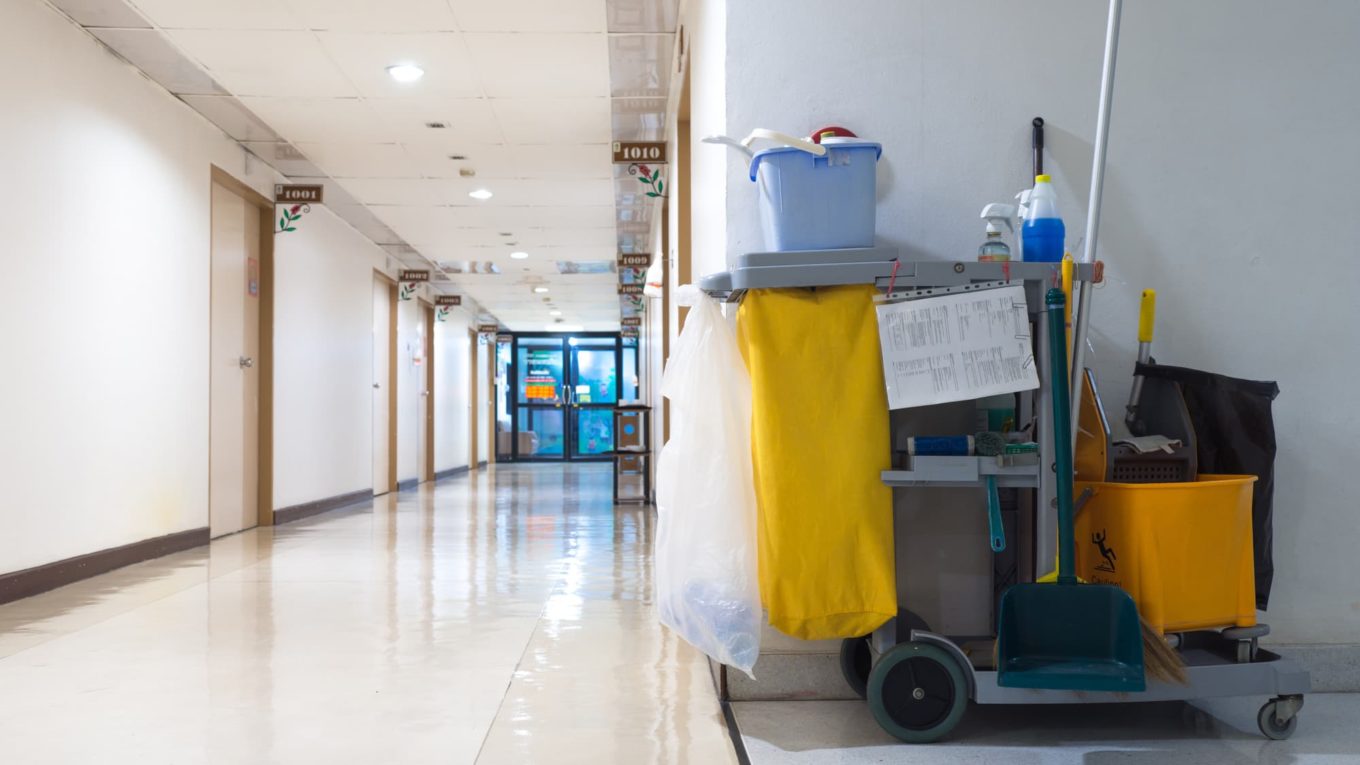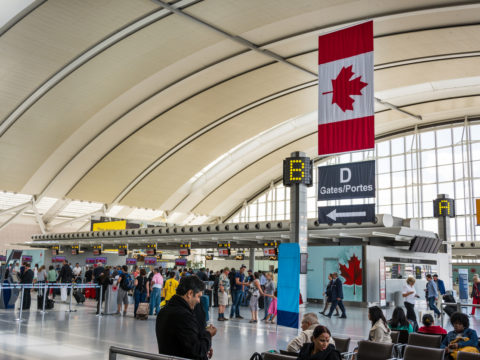
Refugee and asylum advocates are criticizing Canada’s decision to resume deportations during the ongoing COVID-19 pandemic.
Canada’s decision to resume deportations is concerning to refugee advocates because the complete details of a program to grant residency to essential workers have not been publicly released.
The deportations have already started, effective Nov. 30, after a temporary halt since March as the pandemic spread around the globe. Removals to some regions remain suspended, including the Gaza Strip, Syria, Mali, Venezuela, Haiti, Afghanistan and Iraq.
Residency program for asylum-seeking frontline healthcare workers
Under a new stream of federal immigration, asylum seekers who are working as frontline healthcare workers during the COVID-19 pandemic could receive permanent status.
The Canada Border Services Agency has confirmed that deportees who are likely to be eligible for the yet to be released residency program will not be removed.
“The CBSA would like to clarify that the agency will not be removing those who may be eligible to qualify for permanent residency under the guardian angels public policy,” the agency wrote in an email Tuesday according to Global News.
The problems in Quebec
The problem with deportations is especially acute in Quebec. Quebec has the largest proportion of asylum-seekers in Canada and also the highest number of COVID-19 cases in the country. There have been numerous reports of frontline workers in Quebec and across Canada, with precarious immigration status, catching the virus while taking care of sick Canadians.
While frontline workers, who work directly with patients, should be spared deportation. But there are so many other classes of workers who have been deemed essential yet not eligible for the new residency program.
These can include truck drivers, food service workers, and in some cases, workers who are employed in healthcare facilities like security guards or janitorial staff. None of these workers will be eligible for the new residency program but all have risked their health and the health of their families and communities to serve the Canadian public.
Since Quebec continues to block calls to expand the new residency program to include other essential workers, who are not directly working with patients, it’s likely that there will be deportations of failed asylum seekers who are also essential workers.




